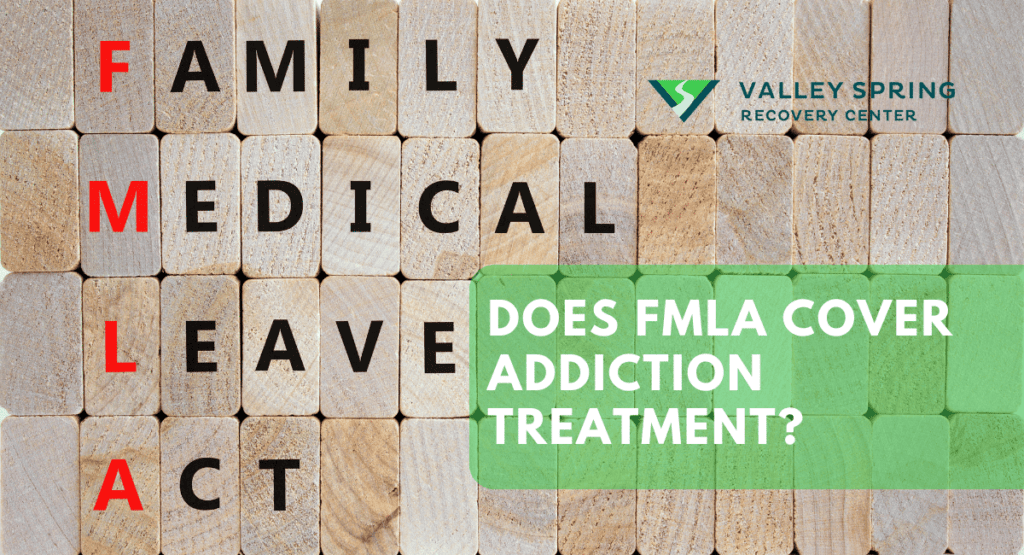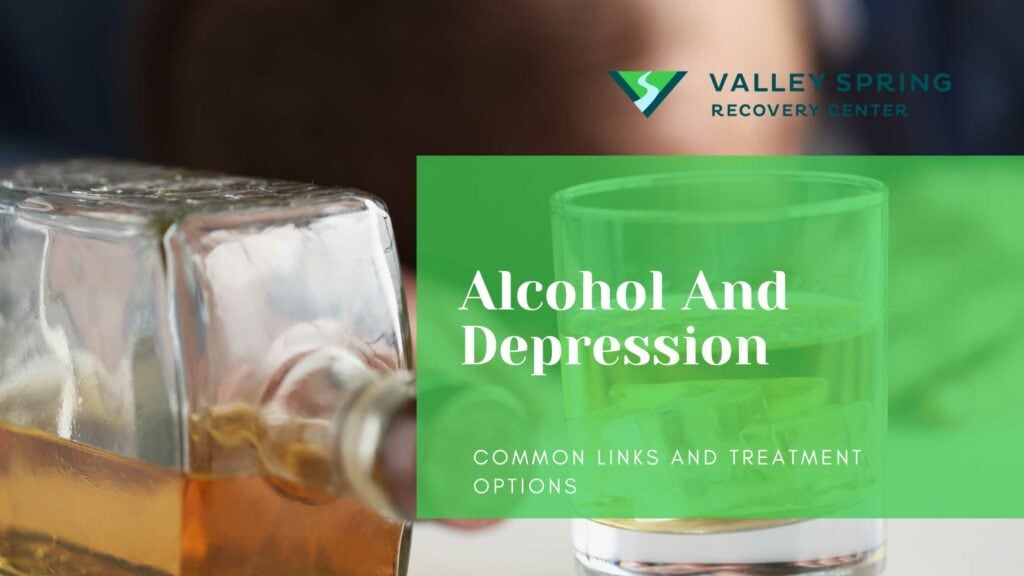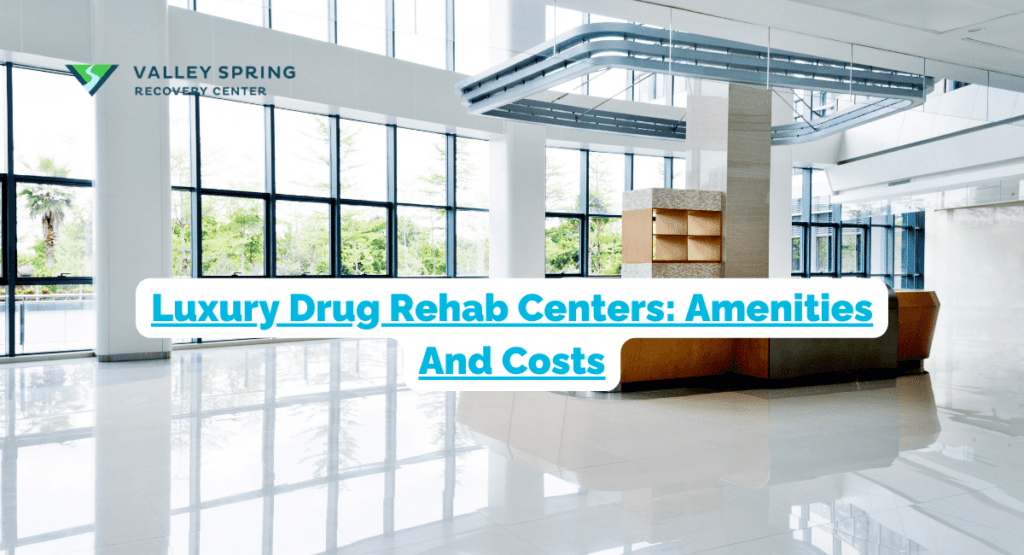Introduction
The road to recovery from substance abuse or behavioral disorders is far from a one-size-fits-all journey. Treatment options span a wide array, and selecting the most suitable course is a crucial step towards successful rehabilitation. One fundamental decision patients and their loved ones face is the choice between inpatient and outpatient rehab. Though both approaches aim to assist individuals in attaining sobriety and a healthier lifestyle, they offer distinctly different environments, treatment intensities, and program structures.
The question of “which type of rehab is best for me?” can be daunting. Answers may vary depending on a myriad of factors like the severity of the addiction, underlying medical conditions, family support, and even financial considerations. To guide you through this critical decision-making process, this article offers a comprehensive comparison between inpatient and outpatient rehabilitation. We will delve deep into the nuts and bolts of each, examining aspects such as program duration, levels of care, costs, and success rates.
It’s important to factor your personal situation into account when making a decision to attend either inpatient rehab or outpatient rehab so you can be equipped with the insights you need to make an informed choice, one that maximizes your chances of a successful, sustained recovery. Determining the “right” treatment setting is contingent on a nuanced understanding of your specific needs, which include:
- What drugs or mental health conditions you are struggling with: Different substances and disorders often require specialized forms of treatment.
- When you started using: The length of time you’ve been using can impact the level of care you’ll need, with long-term use often requiring more intensive intervention.
- How much you are using and for how long?: The frequency and amount of substance use can dictate whether a more controlled environment is necessary.
- Why you started using (Example: Is PTSD present): Co-occurring disorders like PTSD can complicate treatment, requiring a multi-faceted approach that may be better suited to one type of facility over another.
- How you intend to pay for treatment: Financial considerations can play a huge role in your decision, as inpatient treatment is generally more expensive than outpatient options.
- Who you are most comfortable sharing information with: Different settings offer various levels of privacy and interpersonal interaction, impacting your comfort and, potentially, your success in the program.
What is Inpatient Residential Rehab?
Inpatient treatment programs at a residential rehab facility provide individuals with comprehensive care and structure to help them recover from drug and alcohol addiction. A typical day of inpatient treatment consists of structured activities such as individual therapy sessions, group counseling, family involvement support services, and medication management strategies. These sorts of treatments are beneficial because they enable the patient to take advantage of professional guidance throughout their recovery process while simultaneously providing assurance that there is still stability back home for when they return after completing the program. In other words, residential rehabilitation centers play an important role in successful addictions recovery through intensively-structured retreats aimed specifically at treating substance abuse issues combined with strong community ties which act as anchors during abstinence journeys away from home life safety nets.
- Location: Inpatient rehab involves residing at a specialized facility for the duration of the treatment program.
- Level of Care: It provides 24/7 medical and emotional support, making it ideal for those with severe substance abuse issues or co-occurring mental health disorders.
- Duration: Typically lasts for 30, 60, or 90 days, although this can be extended based on individual needs.
- Structure: Highly structured, involving a blend of medical detox, counseling, therapy, and group sessions.
- Cost: Generally more expensive due to comprehensive services, including lodging, meals, and medical care.
- Isolation from Triggers: Being in a controlled environment removes the patient from potential triggers and allows for focused recovery.
What Are The Benefits of Inpatient Residential Rehab Programs?
The advantage of choosing addiction treatment through residential rehab programs is clear. Individuals receive 24/7 support and monitoring to ensure they stay focused on their recovery goals, as well as the structure needed for routine stability that facilitates progress in reaching objectives. Comprehensive care over a longer period enables individuals to take full advantage of treatments that are tailored specifically to them.
What Are Outpatient Rehab Programs?
Outpatient rehabilitation programs are a beneficial option for individuals looking to receive drug addiction treatment while continuing with their daily obligations, as they have increased flexibility and cost-effectiveness compared to inpatient rehab. Outpatient addiction treatment programs provide tailor-made treatments including cognitive-behavioral therapy, group sessions and medication-assisted therapies. Medications assist with symptoms caused by withdrawal such as anxiety or depression can also be administered. In contrast, an intensive residential program forces you to live at the treatment facility for a period of time. Inpatient rehab centers necessitate taking time off other commitments like work or home responsibilities.
- Location: Outpatient rehab allows individuals to live at home while attending scheduled treatment sessions.
- Level of Care: It offers less intensive care and is usually best for those with mild to moderate substance abuse issues.
- Duration: Varies significantly, from a few weeks to several months, based on individual treatment plans.
- Structure: Usually involves therapy, counseling, and educational sessions that the patient attends for a set number of hours per week.
- Cost: Generally more affordable, as it does not include the costs for lodging and round-the-clock care.
- Flexibility: Suitable for individuals who need to maintain their daily responsibilities, like work, school, or family commitments.
What Are The Benefits of Outpatient Rehab Programs?
Outpatient rehab programs provide a host of benefits such as cost-effectiveness, and the potential to retain personal commitments like work or family responsibilities during treatment. The treatment schedule is designed to fit around everyday duties and daily life for addiction recovery while still allowing one an enjoyable lifestyle with job stability and social connections, both powerful components that aid in sobriety maintenance. The flexibility offered by these programs offers individuals access to important support services without needing drastic changes in their lives.
What is the difference between inpatient Residential rehab and Outpatient Rehab?

The difference between inpatient rehab and outpatient rehab primarily lies in the level of care, setting, and time commitment each offers. Understanding the distinctions can be critical for making an informed decision about which type of treatment is most suited to your specific needs. When it comes to making an educated decision about addiction treatment, understanding how residential and outpatient rehab programs compare is paramount. While both types of rehabilitation have their merits, evaluating the individual’s particular situation and preferences should inform any final conclusion made. Residential rehabilitative options involve all-day care in a facility while those who choose outreach therapy continue with day-to-day life but receive support from home or regularly scheduled meetings at designated times outside the residence.
Your specific needs, such as the substances you’re using, how long you’ve been using, and why you started, will greatly influence which treatment option is best for you. Other factors like how you intend to finance the treatment and who you’re comfortable sharing information with should also be considered.
Each treatment type serves its purpose and is effective in its own right, but the best choice is always the one that aligns most closely with your unique situation and recovery goals.
What Factors to Consider When Choosing Between Residential and Outpatient Rehab?
When choosing between residential and outpatient rehab, the severity of addiction one is facing, current obligations to attend such as school or work along with an individual’s support system should all be considered. Residential rehabilitation programs offer continuous medical assistance throughout the day in a stable environment completely dedicated to recovery progress. Outpatient centers let individuals stay at home while still receiving treatment and maintain their everyday activities outside of therapy without interruption.
When selecting any type of rehab program, it can be beneficial for family therapy sessions where potential causes influencing substance abuse can come into light that may then need resolution within both patient and family circles alike.
Do Inpatient and Outpatient Programs Incorporate family?
In both residential and outpatient rehab programs, family therapy is a significant factor in addiction treatment. It can be very beneficial for individuals as well as their families when dealing with substance abuse issues. The structure of the process differs depending on which type of program it takes place in. Within residential facilities, groups are utilized while individual or family sessions take place at an outpatient facility. In either environment, its aim remains to create a secure space where conversing about underlying factors that may lead to substance use disorder is possible without judgment. By doing this therapeutic work together, those involved are able to identify solutions and prevent relapse from occurring more frequently whilst reducing stress levels and improving all-round well-being.
What Are The Success Rates?
When it comes to rehab programs, one should consider both their success rates and relapse prevention. Residential programs usually boast higher completion numbers than of outpatient ones. Prolonged engagement with an addiction treatment program can mean a reduced risk of relapse.
Outpatient rehabilitation provides continuing support for people who need to stay in recovery while attending daily life tasks as well. Through the integration of therapies, treatments, and aid systems, such services provide users with strong foundations for durable sobriety that will last them into the future.
What Are The Mental Health Considerations in Rehab Program Selection?
When considering a rehab program, the mental health of an individual should be taken into account. Inpatient treatment can offer more comprehensive rehabilitation for those with severe addictions or co-occurring mental health issues, such as inpatient rehab centers which provide around-the-clock care and support systems to aid recovery. Outpatient therapy is tailored towards individuals with less intense addiction problems or who require flexibility due to existing responsibilities. Outpatient treatments may include intensive sessions at dedicated treatment centers, along with adaptive forms of counseling offered through specialized outpatient programs that help patients manage their therapeutic processes without needing full residential commitment. From supportive facilities offering both inpatient and outpatient options, there are different types of therapies available – no matter one’s severity – aimed at aiding successful long-term recovery from physical dependence as well as any underlying psychological conditions present when searching for suitable rehab programs.
Help Is Right Around The Corner.
Private, Confidential, Evidence-Based Drug Rehab in Northern New Jersey
How To Address Insurance Coverage and Financial Concerns?

When selecting a rehab program, insurance coverage should be taken into account along with financial considerations. Outpatient programs tend to be more cost less than inpatient rehab and may offer greater accessibility for people seeking treatment for substance abuse. It is wise to contact your insurer before beginning the process in order to review any restrictions or guidelines of their particular plan – this includes both private plans as well as ACA-covered policies that typically cover alcohol and drug rehabilitation services.
Can A Treatment Plan be tailored to Individual Needs?
Tailored treatment plans are essential in successful addiction recovery, as they provide a tailored approach that takes into account individual needs and preferences to give the best possible health outcomes and care experience. Programs at both residential and outpatient rehab centers assess each patient’s particular requirements to devise an appropriate plan of action for them.
Personalized treatment plans represent much more than just providing directions toward healing. They offer greater freedom including how long rehab lasts while being able to address all aspects of someone’s dependence on drugs or alcohol, making people feel like their contributions matter during this journey. Rehab programs comprehend how important it is to personalize their services based on specific cases so individuals get the right type of assistance from personalized treatments adapted according to what works better for each one’s circumstance.
How to Find the Right Treatment Facility?
In your search for the best treatment facility, consider multiple factors like location, program offerings, success rates and cost to ensure it will meet your needs. Gathering information from various sources can help you make an informed decision about which rehab program is best for yourself or a loved one. As this step is essential in making progress towards lasting recovery and well-being, be sure that all elements of the chosen center are taken into account – such as staff experience levels, how long programs run for, and its specialty services. Insurance coverage offered, etc. With these criteria carefully evaluated, there’s every chance of finding a successful treatment plan suitable to both individual requirements and budget!
Frequently Asked Questions
How do residential and outpatient programs compare?
Inpatient treatment is more intense than outpatient programs and residential ones. The latter two offer greater emotional support. Despite being a challenge to undertake, inpatient treatment can be beneficial due to its intensity.
When should rehabilitation take place in an outpatient setting?
Once you start making progress in your recovery from a cardiac incident, cerebrovascular accident or malignancy, it is advised to switch treatment over to outpatient rehab that involves physical and occupational therapy.
How do residential and outpatient rehab programs tailor treatment plans to individual needs?
Outpatient and residential rehab programs determine the necessities of each person they treat, constructing an approach that is personalized for them. These particular rehabilitation services make sure to take into consideration each patient’s preferences so as to create a plan suited just for them.
Is insurance coverage available for rehab programs?
Insurance plans such as private insurance and those offered under the Affordable Care Act (ACA) are available to cover alcohol and drug rehab treatment. According to ACA regulations, all related substance abuse treatments should be covered. These include inpatient care, outpatient services or any other necessary addiction therapies. If you have an ACA-compliant plan, then it is possible for your rehabilitation expenses to be partially funded by the program’s coverage.
Choosing the Right Path for Your Unique Recovery Journey
Navigating the labyrinth of treatment options can be overwhelming, yet the decision between inpatient and outpatient rehab is crucial to the effectiveness of your recovery journey. As we’ve discussed throughout this article, both treatment modalities have their merits, but they are best suited for different needs, circumstances, and preferences.
Remember, the optimal choice hinges on a thorough understanding of your specific needs, from the substance or mental health conditions you’re grappling with, to the duration and frequency of your use. The financial aspect and your comfort level with sharing personal information should also be factored into your decision-making process.
The complexity of this choice underscores the importance of professional guidance. Consulting with medical professionals, mental health counselors, and financial advisors can provide invaluable perspectives that enhance your understanding and guide you toward the right decision.
Ultimately, whether you opt for inpatient or outpatient rehab, the end goal remains the same: achieving a healthier, more fulfilling life through sobriety. The route you take is less significant than the commitment and effort you invest in your journey. With the context-rich information provided in this article, we aim to empower you to make a decision that is not just informed, but also profoundly tailored to your individual path to recovery.
Sources
- National Institute on Drug Abuse. (2012). Principles of Drug Addiction Treatment: A Research-Based Guide (Third Edition). Retrieved on February 3, 2023 http://www.drugabuse.gov/publications/principles-drug-addiction-treatment
- Mayashida M (1998). “An Overview of Outpatient and Inpatient Detoxification.” Retrieved on June 15, 2023 http://pubs.niaaa.nih.gov/publications/arh22-1/44-46.pdf
- Mental Health America. “In Patient Care.” Retrieved on June 13, 2023 http://www.mentalhealthamerica.net/patient-care
- National Institute on Drug Abuse (2014). “Drugs, Brains, and Behavior: The Science of Addiction.” Retrieved on June 13, 2023 http://www.drugabuse.gov/publications/drugs-brains-behavior-science-addiction/treatment-recovery
Ben Fisher
All author postsShare This Post










